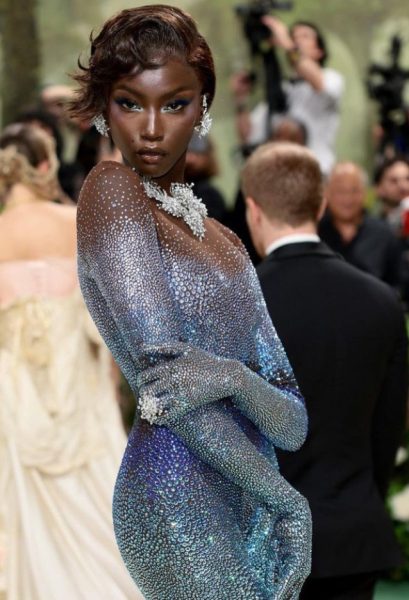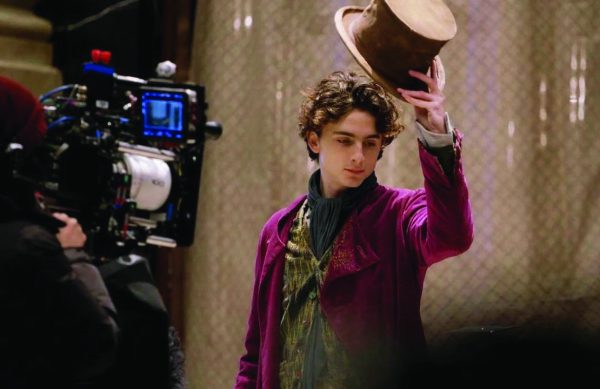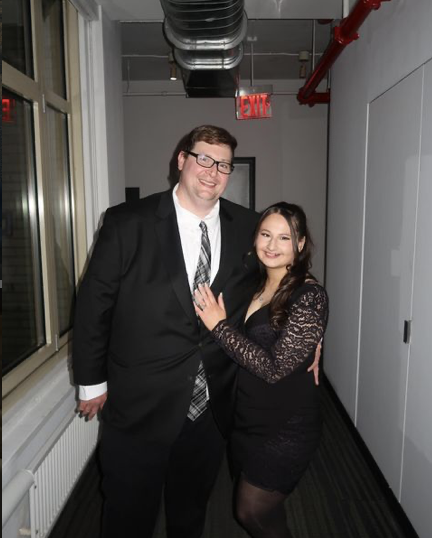The Return of the 2010’s: New Arctic Monkeys & The 1975
December 7, 2022
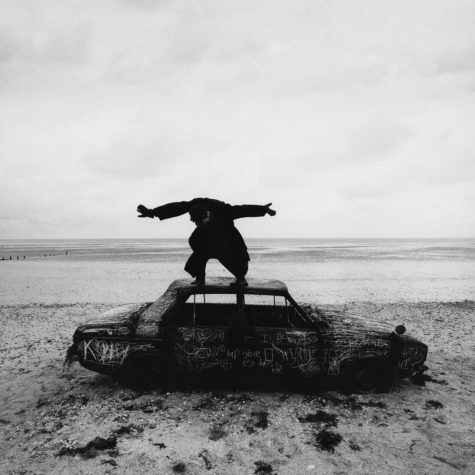
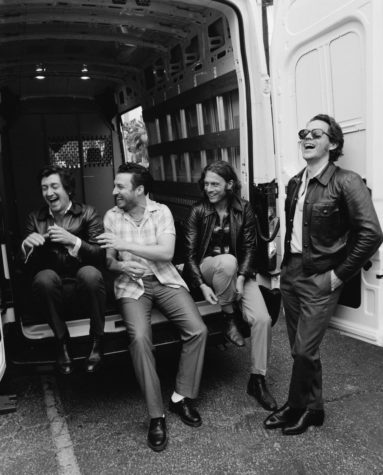
The indie-rock bands that ruled the 2010’s are back, with new records from the Arctic Monkeys and The 1975. After a rocky middle point in the two bands’ careers, with Arctic Monkeys’ 2018 album Tranquility Base Hotel and Casino, despised by fans, and The 1975’s weak album Notes on a Conditional Form, the two bands are back in culture’s eyes to reclaim the rapport they once held in the 2010s.
Arctic Monkeys take their music in a new direction with the recent release of album The Car, ditching their rock roots for a lounge-jazz style. The Car features new sultry lyrics and extensive instrumentation where each song is a sprawling look on love, heartbreak, and doubt, supported by a full orchestra. The orchestra is the best part of the album, with an elegant string section supporting each track, and soft drums that elevate the song from a simple lounge ballad. The lyrics’ specificity evokes beautiful imagery, like in the song “There Better Be a Mirrorball”, featuring the words “you’re getting cynical and that won’t do / I’d throw the rose tint back on the exploded view”. “Mr. Schwartz” is the best instance of the detailed lyricism, about a smarmy but insecure businessman, writing “but Mr. Schwartz is staying strong for the crew / wardrobe lint-rolling your velveteen shoes”. However, these lyrics can also weaken the album, as their specificity can confuse the audience, rather than draw them in. All cars are bound to break down at one point, and the same can be said about The Car album. Frontman and lead singer Alex Turner’s singing is what deflates the album from unique to played out, with a forced David Bowie rasp that only serves to weaken the originality of the album. Each song can blend together, which creates one sad, boring, never-ending loop of lounge-jazz. Overall, the Arctic Monkeys, in their quest to create a record about longing and loss, instead create an unsteady record that sprawls, rather than punches.
Being Funny in a Foreign Language is an album marking the return of The 1975’s 80s pop-rock infused beats with tragic lyrics -a staple for the band since their inception- with a new twist in production. The 1975’s usual producer (and drummer) George Daniel is now accompanied by producer-icon Jack Antonoff, known best for his production work on Taylor Swift’s 1989 and Lorde’s Melodrama. Antonoff and Daniel create a sound that calls back to their roots in alt-rock while infusing it with synth sounds reminiscent of the 1980s. The best example of this is the song “About You”, a heartbreaking ballad that alludes to their first album with a cleaner cut production and instrumentation. However, what truly makes this album successful is the beautiful, pretentious, and honest lyricism, done by frontman Matty Healy. Healy’s cutting and self aware lyrics have always been a beacon throughout their discography. Healy’s lyricism in Being Funny in a Foreign Language is no different. With lyrics like “you’re making an aesthetic out of not doing well / and mining all the bits of you you think you can sell” on the self-titled opening track. Songs like “When We Are Together’’ sound like basic love ballads, but Healy elevates it with cleverly witty lyrics and honest insights into his life, singing “‘I’m better at writing,’ was just a way to get you biting / the truth is that our egos are absurd”. The 1975’s hamartia has always been its dedication to the pretentious, which can get in the way of honest storytelling (see. The Man Who Married a Robot/Love Theme). In Being Funny in a Foreign Language, they ditch all pretenses, and create something that is honest, clever, and beautiful.
As trends come and go in music, The 1975 and Arctic Monkeys deliver records that allow reminiscence for past times, but also proves how much the bands, and by extension the audience, has grown.






